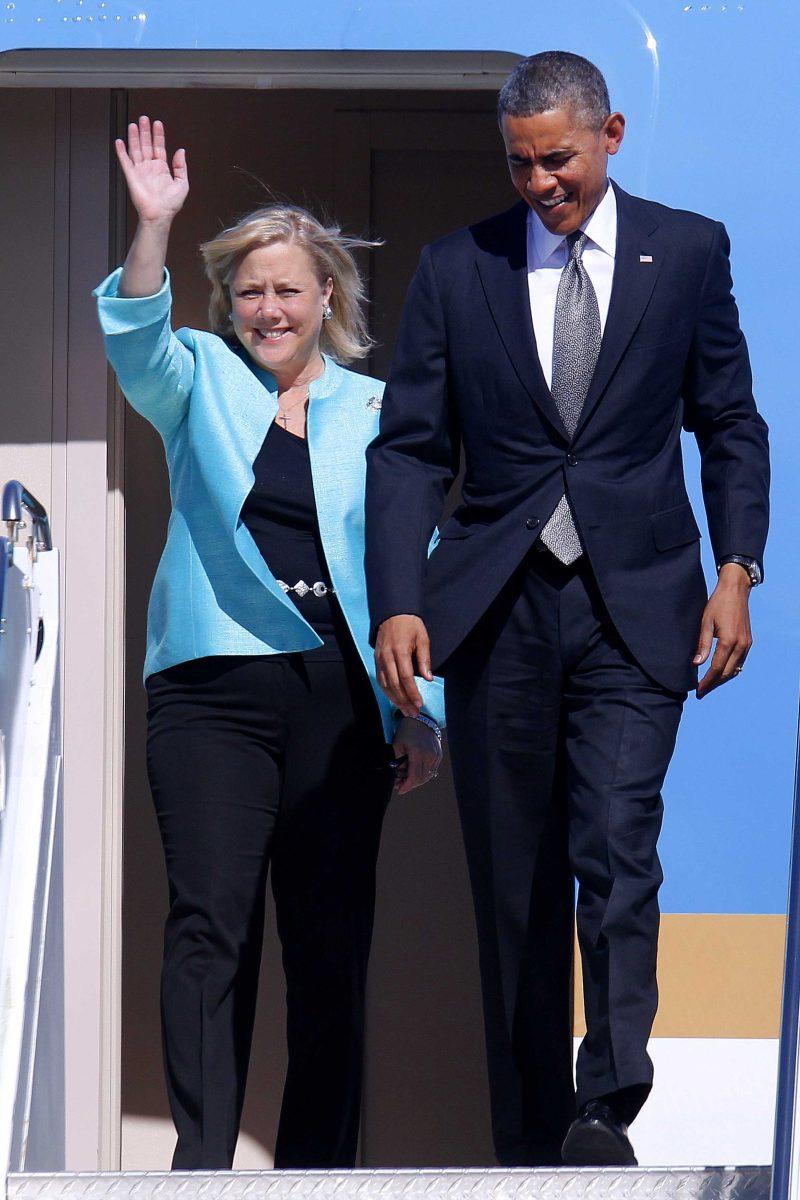Can you tell someone’s political affiliation by whether they prefer Kelly Clarkson or Rihanna? Apparently so. Does this mean anything? Not at all.
Recently, popular music-streaming website Pandora announced it could predict listeners’ political party preference based solely on their listening habits.
If you listen to George Strait or Reba McEntire, you’re probably a Republican. On the other hand, if you get your groove on to Snoop Dogg or Lady GaGa, you’re most likely a Democrat.
However, if you prefer The Beatles or Johnny Cash, Pandora has no idea.
What, if any, is the point of these algorithms? How do they work?
Tim McGraw, another musician loved by Republicans, is actually a Clinton and Obama-supporting Democrat. Eminem, who is favored by Democrats, has been noted for his violently homophobic lyrics – an idea often promoted by conservatives.
On Feb. 18, TIME published an article titled “It’s True: Liberals Like Cats More Than Conservatives Do.” The story also said conservatives are “dog people.”
I am allergic to most cats. Is this natural selection telling me I should have been a Romney supporter? I have had many dogs in my lifetime, but I’m a pro-choice, anti-war, anti-gun feminist. I audibly scoff at vehicles adorned with “Preaux Life” stickers, and I’ve fully prepped myself for the Hillary 2016 campaign.
I am clearly an outlier in this system, but I am probably not the only one.
These little evaluations have gone so far as to analyze alcoholic beverage preferences to predict voter turnout and party affiliation.
Republicans with high turnout drink Kendall-Jackson and Robert Mondavi wines, according to a new media survey by National Media, a firm that tracks demographic and consumer data. Lower turnout Republicans are fans of Crown Royal and Johnnie Walker Black. High turnout Democrats love Tanqueray and Smoking Loon, while Democrats with lower turnout imbibe themselves with flavored Grey Goose and Smirnoff Twist.
Maybe now bartenders can turn you down because your preference for Kahlua goes against their own political beliefs.
These systems of prediction are useless and serve no basis other than to further stereotype, classify and label human beings. Like those Hot Topic pins used to read, “Labels are for soup cans.”
We are people. We do not need some Internet radio website to tell us that listening to Pink Floyd means that we should probably support the Republican Party.
Political affiliation shouldn’t and, arguably, doesn’t really change your day-to-day activities.
You’re still going to be angry when the car in front of you doesn’t use their blinkers whether or not you thought Mitt Romney should have been elected.
If you’re a Republican, you might flip on The O’Reilly Factor, rather than The Rachel Maddow Show, but that’s really where it should end.
Letting your political beliefs get in the way of your personal choices is ludicrous. Your support of state’s rights and low taxes has nothing to do with your favorite color any more than your blood type does.
Are these studies simply for politicians’ benefit? Knowing whether or not their target audience is a “cat person” or “dog person” could be valuable information regarding sponsorships or advertising methods.
Coming soon: dog treats in the shape of Bobby Jindal and kitty litter approved by Mary Landrieu.
Humans are more than just data to be analyzed. We have complex interests, personalities and experiences. There is more to our personal choices than some sort of unconscious desire to drink the most liberal or conservative-seeming beverage.
Life is not one giant Buzzfeed quiz that asks you what your favorite Beyoncé song is to somehow tell you which Mad Men character you are.
SidneyRose Reynen is an 18-year-old film and art history freshman from New Orleans.
Opinion: Political beliefs should not influence personal choice
February 25, 2014
Sen. Mary Landrieu, D-La., waves as she arrives with President Barack Obama aboard Air Force One at Louis Armstrong New Orleans International Airport, Friday, Nov. 8, 2013. The president traveled to the Gulf Coast region to visit the Port of New Orleans to make a case that more exports equal more jobs. After New Orleans he will go to Miami area for three Democratic fundraisers. (AP Photo/Jonathan Bachman)
More to Discover











